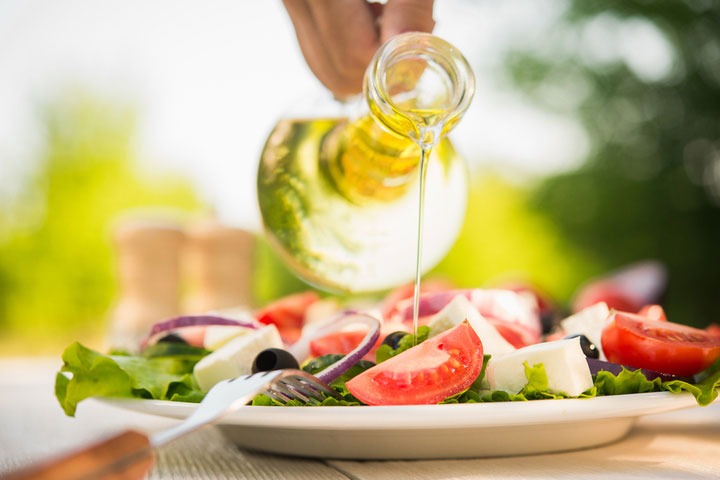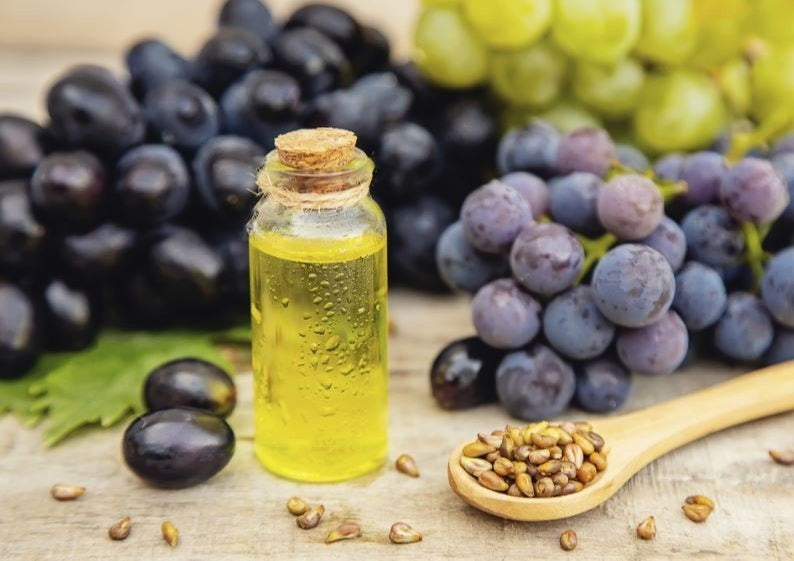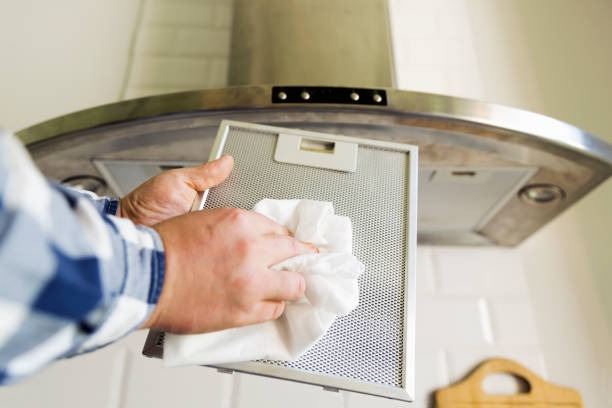Welcome to an in-depth guide on how to store used cooking oil. Whether youre a professional chef or a home cook, knowing the right way to store used cooking oil is essential to maintain its quality and prolong its usability.
Used cooking oil can be a valuable resource if stored correctly. Its not just about preventing waste; its also about ensuring food safety and flavor integrity.

The Importance of Proper Storage
Storing used cooking oil improperly can lead to numerous issues, including off-flavors, rancidity, and even health hazards. To prevent these, its critical to understand why and how to store used cooking oil correctly.
Preventing Rancidity
Rancidity occurs when oil is exposed to oxygen, light, or heat. This process can quickly degrade the oil, making it smell and taste unpleasant. Proper storage techniques can significantly slow down this process.
Maintaining Flavor
Used cooking oil retains flavors from the foods cooked in it. If stored correctly, it can be reused for frying, imparting enhanced flavors to subsequent dishes.
Safety Concerns
Improper storage can lead to the growth of harmful bacteria. This can pose serious health risks. Proper storage mitigates these risks, ensuring your oil remains safe to use.

How to Store Used Cooking Oil at Home
Now that we understand the importance, lets dive into actionable steps to effectively store used cooking oil at home.
Step 1: Strain the Oil
Once youve finished cooking, let the oil cool before you store it. Use a fine mesh sieve or cheesecloth to strain out any food particles. This helps prevent spoilage by removing debris that can harbor bacteria.
Step 2: Choose the Right Container
Store the filtered oil in a clean, airtight container. Glass jars or stainless steel containers work best. Avoid using plastic as it can absorb odors and flavors, and may degrade over time.
Step 3: Store in a Cool, Dark Place
Keep your container in a cool, dark place like a pantry or refrigerator. This helps slow down the oxidation process that leads to rancidity.
Step 4: Label and Date the Container
Always label your container with the type of oil and the date it was stored. This helps you keep track of its age and ensures you use it within a safe period, typically one to two months.

How to Store Used Cooking Oil in a Professional Kitchen
In a professional kitchen, the volume of used oil can be significantly higher. Heres how you can handle it efficiently.
Step 1: Use a Commercial Oil Filter
For large quantities, a commercial oil filter can streamline the process. These filters are designed to handle higher volumes and can quickly remove fine particles that manual straining might miss.
Step 2: Invest in Appropriate Storage Tanks
Professional kitchens should invest in specialized storage tanks designed for used cooking oil. These tanks are built to minimize exposure to light and air, preserving the oils quality.
Step 3: Implement a Rotation System
Establish a first-in, first-out rotation system to ensure older oil is used before newer batches. This helps keep your oil supply fresh and reduces the risk of using outdated oil.

Environmental Considerations
Properly storing and reusing cooking oil has environmental benefits. It reduces waste and the demand for new oil production. Heres how you can maximize these benefits.
Recycling Used Cooking Oil
If you accumulate more used oil than you can reuse, consider recycling it. Many communities have recycling programs that convert used cooking oil into biodiesel, a sustainable fuel alternative.
Composting Cooking Oil
Small amounts of used cooking oil can be added to compost piles. However, this should be done sparingly as too much oil can create foul odors and attract pests.
The Do's and Don'ts of Used Cooking Oil Storage
Do's
- Always strain oil to remove food particles.
- Store oil in clean, airtight containers.
- Keep the oil in a cool, dark place.
- Label and date your oil containers.
- Consider recycling or composting excess oil.
Don'ts
- Dont store oil in plastic containers.
- Dont leave used oil exposed to air or light for extended periods.
- Dont reuse oil indefinitely; always follow safety guidelines.
- Dont pour used oil down the drain; it can cause plumbing issues and environmental harm.
Frequently Asked Questions (FAQ)
How long can I store used cooking oil?
Typically, strained and properly stored used cooking oil can be kept for one to two months. Always check the oil for signs of rancidity before use.
Can I mix different types of used cooking oil?
Mixing different types of oil is generally not recommended, as they have varying smoke points and can degrade at different rates.
How can I tell if used cooking oil has gone bad?
Used cooking oil that smells off, has a cloudy appearance, or contains floating particles should be discarded.
For more comprehensive guidelines on recycling cooking oil, please visit EPA Recycling Guidelines.
As an Amazon Associate, I earn from qualifying purchases.
For more kitchen tips, check out our article on Cleaning Products. Learn about the best Kitchen Gadgets and how to properly Store Food as well.
For a detailed guide on keeping your kitchen clean, visit this resource.






Leave a comment
This site is protected by hCaptcha and the hCaptcha Privacy Policy and Terms of Service apply.